
Core Francisco Park
If you think good academics should not have fancy websites: corefranciscopark.com/simple
CBS-NTT Postdoctoral Fellow at Harvard
Research Interests
My long term research goal is to enable AI driven scientific discovery across multiple fields in science. While current AI models can either outperform conventional methods in specific domains of science (e.g. AlphaFold or AlphaGo) or excel in many common tasks (LLMs), they are not yet able to autonomously perform long-horizon scientific research to discover fundamentally new knowledge.
To this end, my current research focuses on:
- Science of AI: Designing controllable data/environments to systematically understand fundamental working principles of AI
- AI for Open-ended Science: Investigating what could enable AI systems to conduct long-horizon research that goes beyond existing paradigms to make fundamental discoveries
During my Ph.D. at Harvard Physics, I was fortunate to explore a remarkably diverse set of research projects that shaped my interdisciplinary approach to science. On the theoretical side, I investigated fundamental capabilities of AI systems—understanding how models develop in-context learning abilities, learn the structure of data at test time, and learn to manipulate abstract concepts. In parallel, I tackled some data analysis challenges across multiple domains: reconstructing 3D dark matter density fields and creating dust extinction maps for cosmological surveys. I also built practical AI systems, like an interactive deep learning system to track individual neurons in 3D videos of freely moving C. elegans, or a deep learning system that guides electron microscopes in real-time. Later in my Ph.D., I worked on understanding the potential of practical LLMs toward scientific discovery, decomposing what aspects of mathematical abilities LLMs improve via RL, and demonstrating that LLMs could internalize fundamentally new knowledge but only via spending test-time compute.
These varied experiences shaped my approach to research: seeking connections between theoretical insights and practical problems. My personal research philosophy is to maintain a good balance of fundamental understanding and practical grounding, and to always keep the research open-ended.
Major Publications
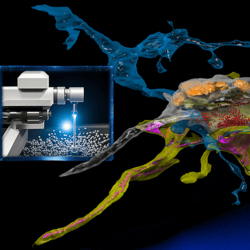
SmartEM: machine-learning guided electron microscopy
Y. Meirovitch, I.S. Chandok, C.F. Park, P. Potocek, L. Mi, S. Sawmya, Y. Li, T.L. Athey, V. Susoy, N. Karlupia, Y. Wu, D.R. Berger, R. Schalek, C.A. Bishop, D. Xenes, H. Martinez, J. Matelsky, B.A. Wester, H. Pfister, R. Schoenmakers, M. Peemen, J.W. Lichtman, A.D.T. Samuel, N. Shavit
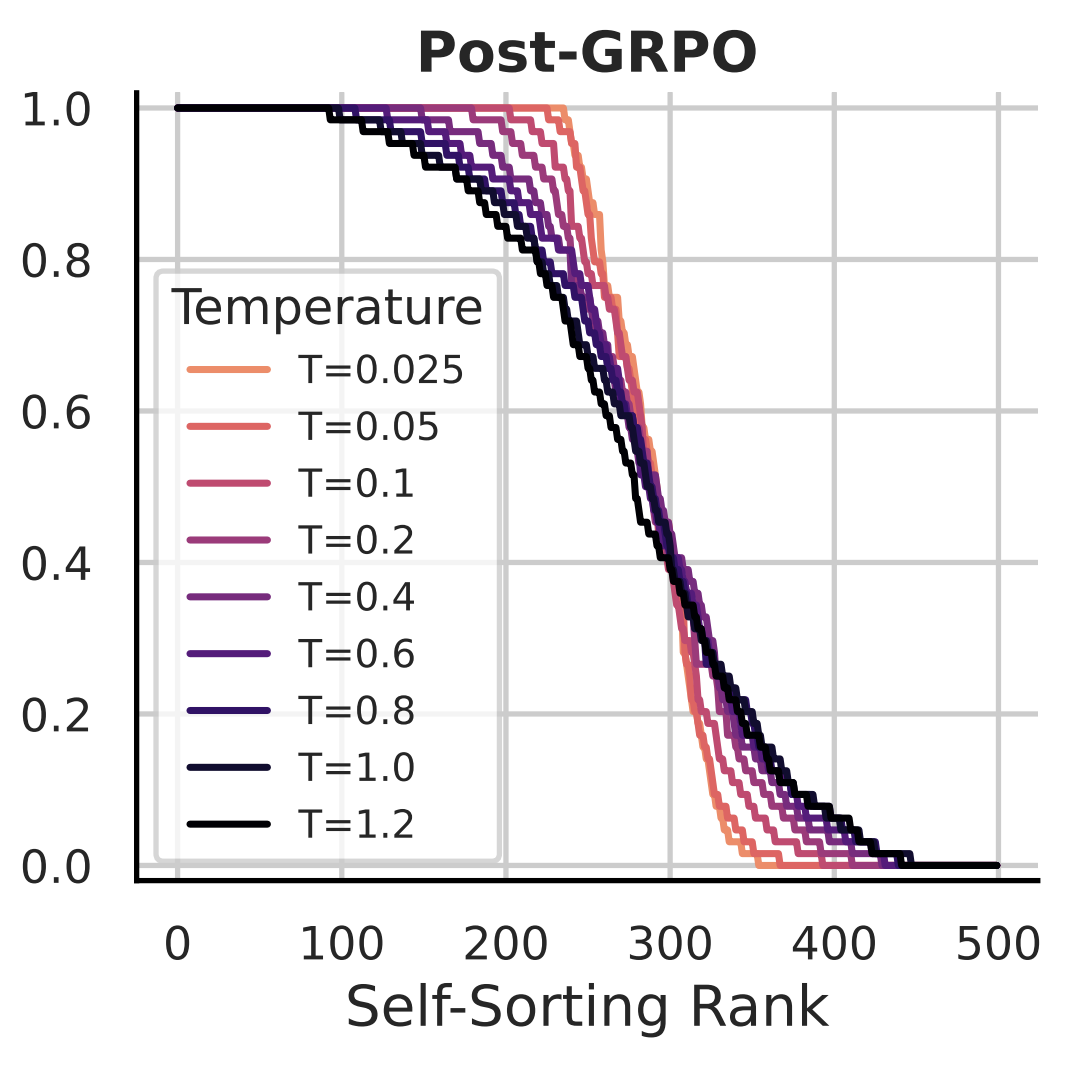
Decomposing Elements of Problem Solving: What 'Math' Does RL Teach?
T. Qin, C.F. Park, M. Kwun, A. Walsman, E. Malach, N. Anand, H. Tanaka, D. Alvarez-Melis
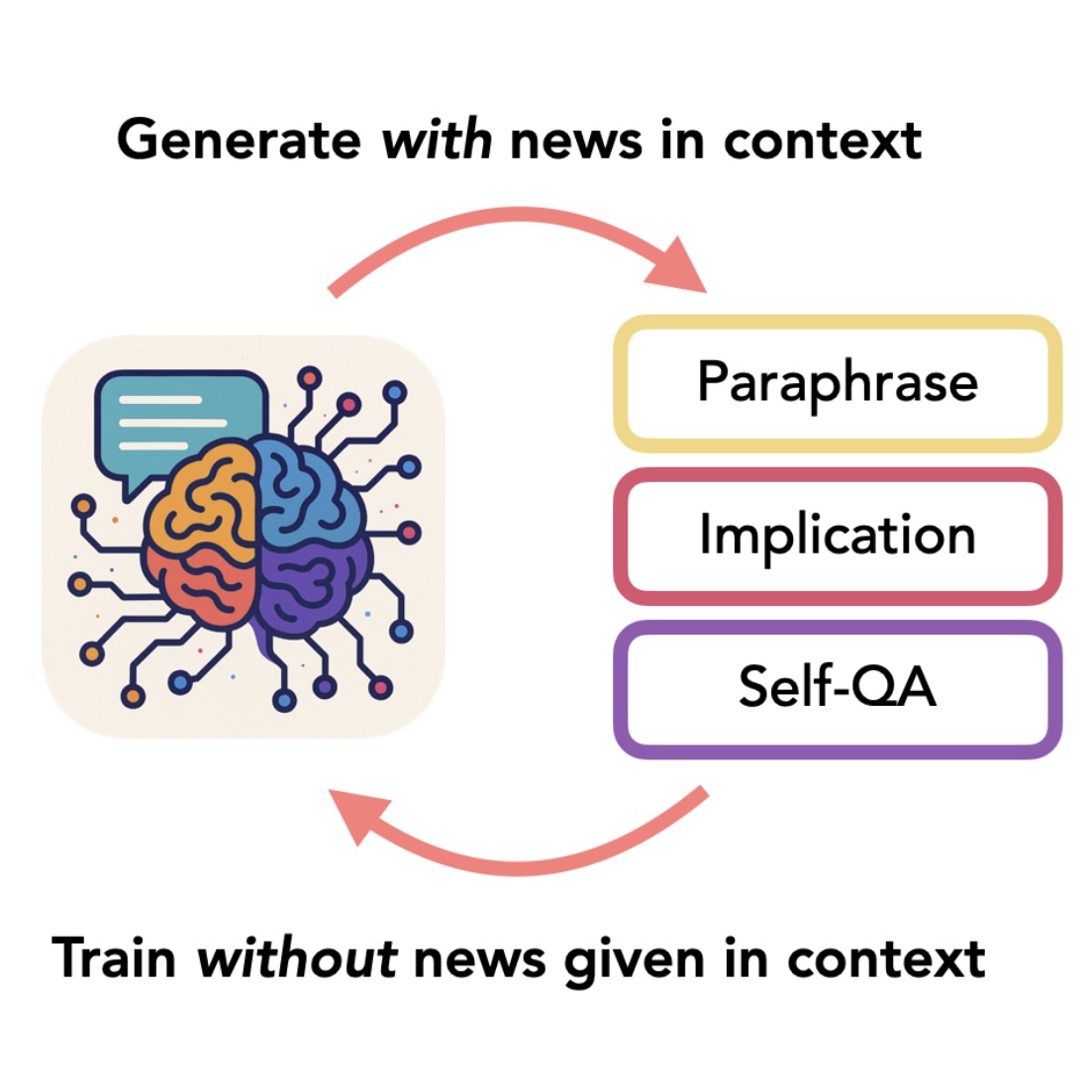
New News: System-2 Fine-tuning for Robust Integration of New Knowledge
C.F. Park, Z. Zhang, H. Tanaka
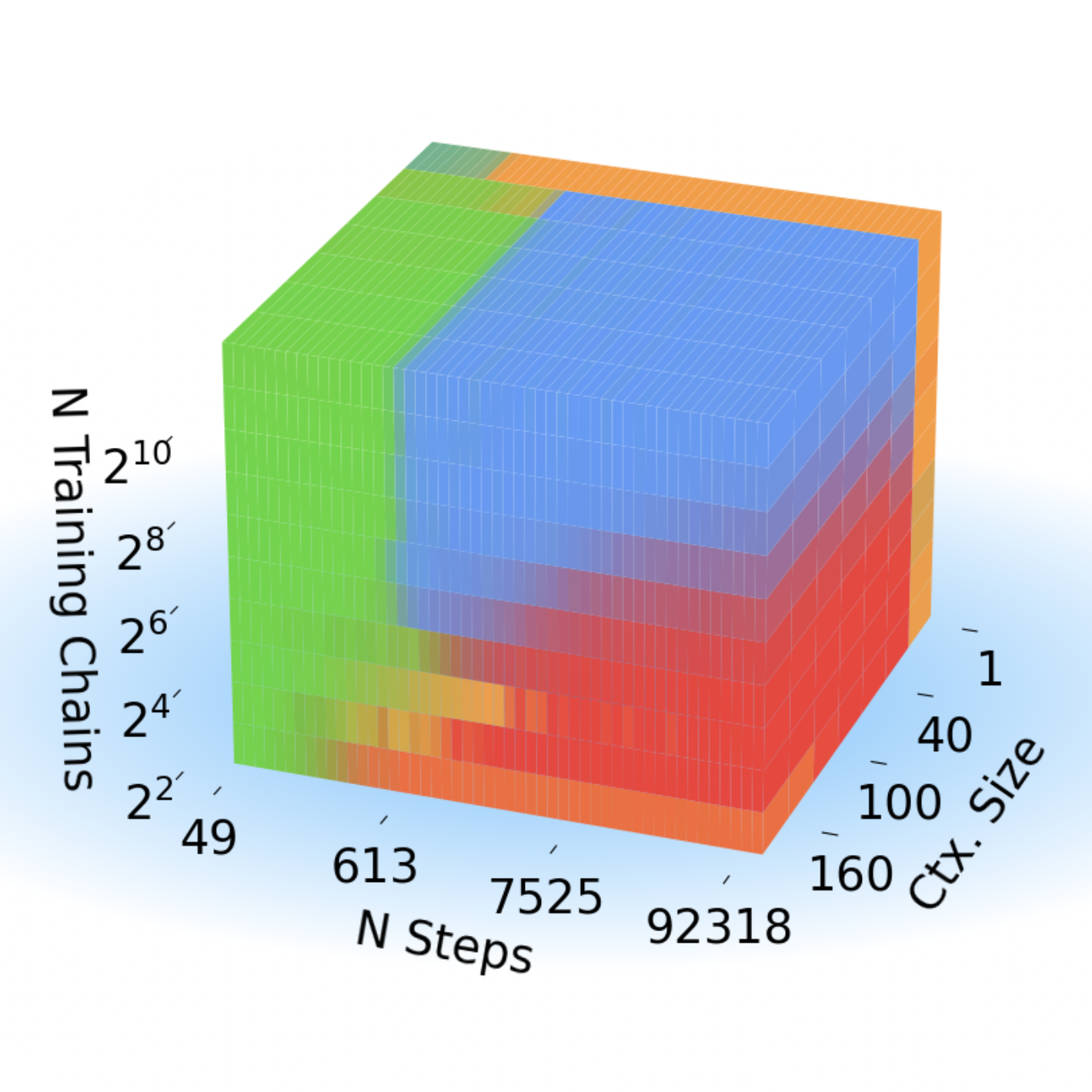
Competition Dynamics Shape Algorithmic Phases of In-Context Learning
C.F. Park, E.S. Lubana, H. Tanaka
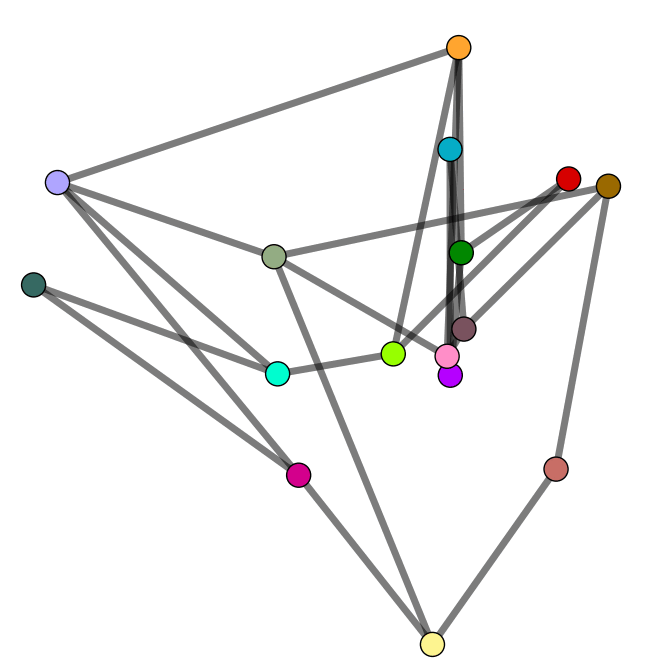
ICLR: In-Context Learning of Representations
C.F. Park, A. Lee, E.S. Lubana, Y. Yang, M. Okawa, K. Nishi, M. Wattenberg, H. Tanaka
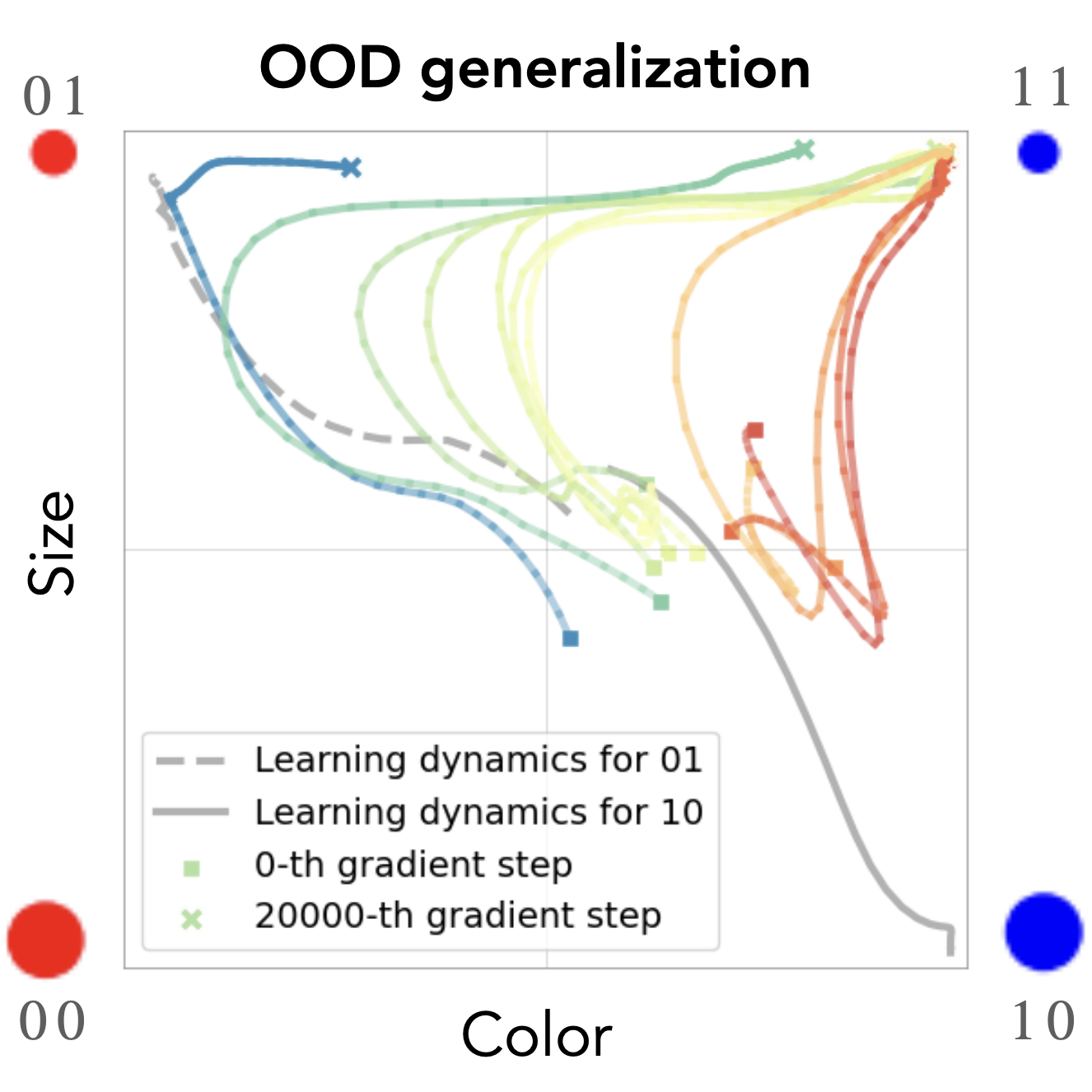
Emergence of Hidden Capabilities: Exploring Learning Dynamics in Concept Space
C.F. Park, M. Okawa, A. Lee, H. Tanaka, E.S. Lubana
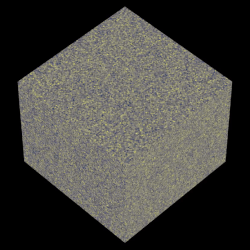
3D Reconstruction of Dark Matter Fields with Diffusion Models: Towards Application to Galaxy Surveys
C.F. Park, N. Mudur, C. Cuesta-Lazaro, Y. Ni, V. Ono, D.P. Finkbeiner
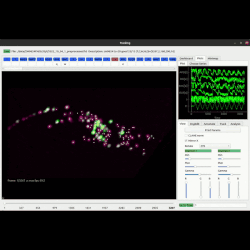
Automated neuron tracking inside moving and deforming animals using deep learning and targeted augmentation
C.F. Park, M.B. Keshteli, K. Korchagina, A. Delrocq, V. Susoy, C.L. Jones, A.D.T. Samuel, S.J. Rahi
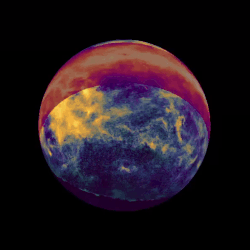
Stellar Reddening Based Extinction Maps for Cosmological Applications
N. Mudur, C.F. Park, D.P. Finkbeiner